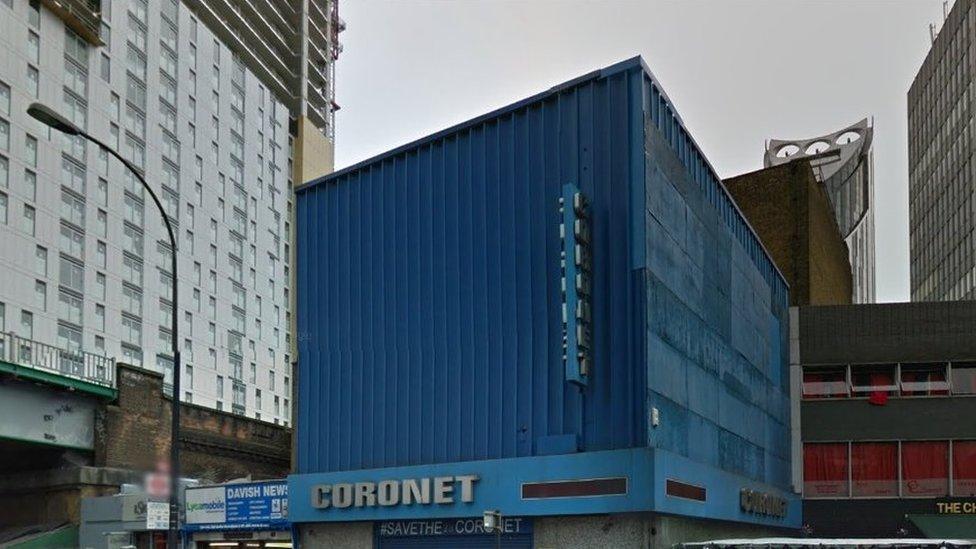Here's how the UK can learn from Melbourne's music scene
- Published
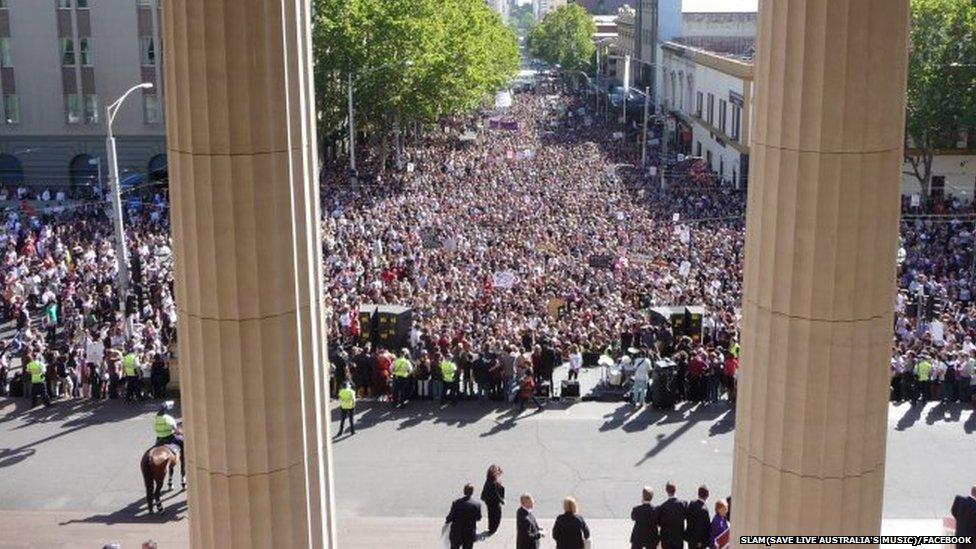
In February 2010, thousands of people marched to Parliament House in Melbourne for a huge live music rally.
The music industry became a political force and finally grabbed the Government's attention.
Now the state of Victoria has a thriving music scene.
The UK currently has what is being described as a "crisis" in the live music scene.
Can we learn from them?
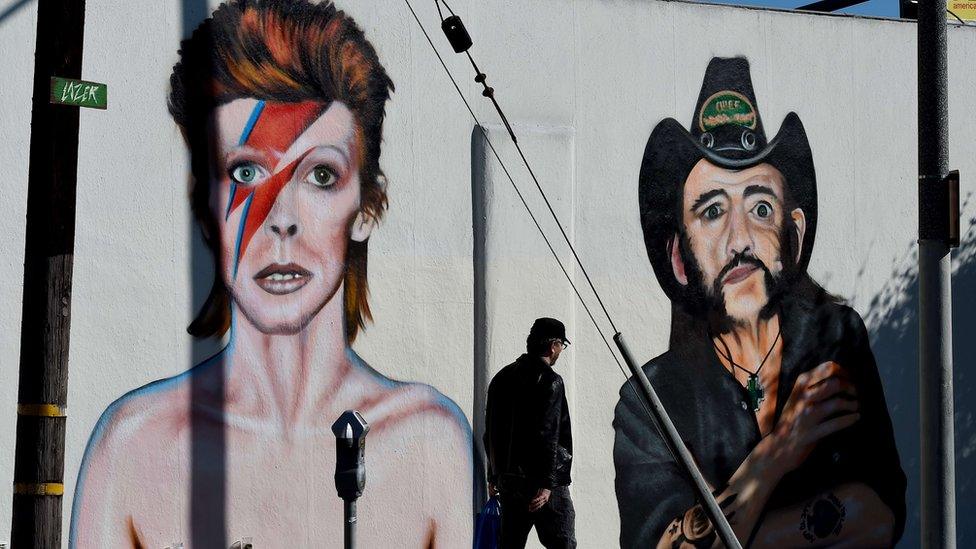
Patrick Donovan is the CEO of Music Victoria, a music industry body in the state of Victoria in Australia.
"The death of David Bowie and Lemmy has reminded the world about how important British music is and the role that small venues played in those careers," he told Newsbeat.
"It is very important to talk about the history and the legacy of live music and how if it wasn't for those small venues you wouldn't have a Motorhead or a David Bowie.
"What happened over here was a crisis, one of our famous venues closed down and that is what triggered the outpouring of support and galvanised the industry.
"I do believe that you are almost hitting crisis point over there and you need everyone in the same room and working out how to solve this."
Last October, figures estimated up to 40% of independent live music venues had closed in London and that was reflected across the rest of the UK.
Since then, at least another eight have announced they have closed or are closing.
Patrick helped implement a principle called the Agent of Change - the idea is that developers take responsibility for any problems that might arise from building near a music venue. It is an idea that the Mayor of London, Boris Johnson, backed last year.
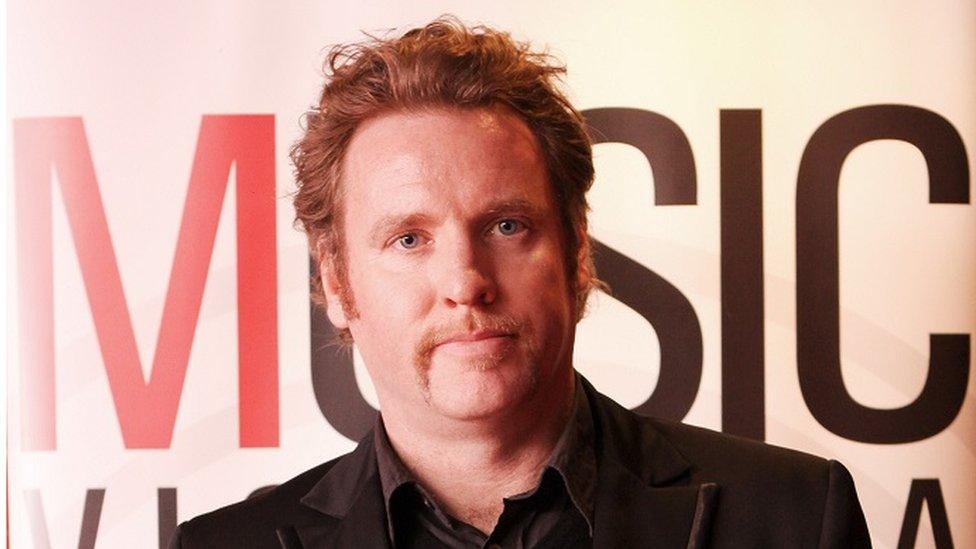
Patrick Donovan has helped turn around Melbourne's music scene
"It was very hard [to implement], it crosses three different portfolios, planning , liquor licensing and the environment," Patrick explained.
"We had to get in the room with three different ministers and explain what it meant and why it was needed.
"It mirrors that Aussie 'fair go' mentality, so even the most conservative property developer acknowledged that it was only fair if a business was there first.
"That they should be protected and the onus should be on the agent, in these cases the developer, to actually pay for the sound proofing to ensure it has minimal impact.
"It is going to take a few more years to see how foolproof it is."
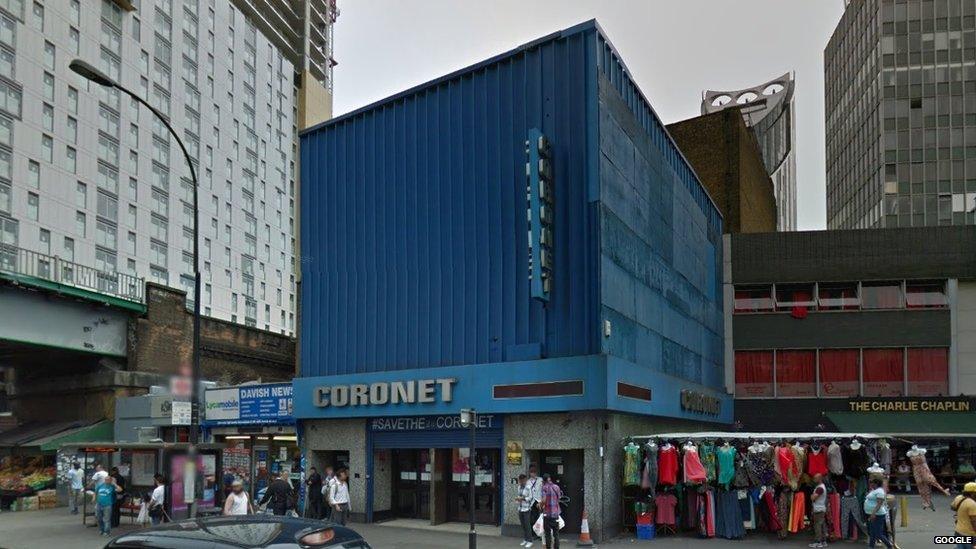
The Coronet in south London is the latest of iconic music venues to be closing down
He advises campaigners in the UK not to rush the process and ensure all venues are included in plans, recording and rehearsal rooms and the live music venues themselves, protecting the whole musical eco-system.
"We certainly presented a solution to them and worked closely with them, it is very complex, we had some high level advice from lawyers."
"You need a champion in government," Patrick suggested.
"I believe Boris has expressed some interest in the agent of change, but I think it is important to bring in some high profile musicians to go and have a meeting with the politicians."
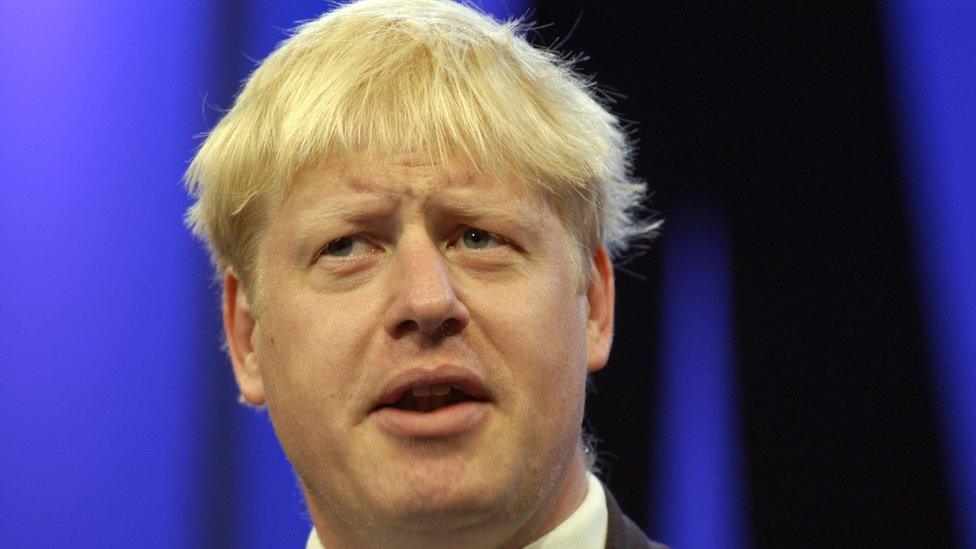
Mayor of London, Boris Johnson has backed plans to help small venues in the city
Melbourne now has around 460 live music venues, and according to Patrick, it also has strong music education and community radio which all support a more thriving industry.
Follow @BBCNewsbeat, external on Twitter, BBCNewsbeat, external on Instagram, Radio1Newsbeat, external on YouTube and you can now follow BBC_Newsbeat on Snapchat
- Published25 January 2016

- Published4 November 2015
